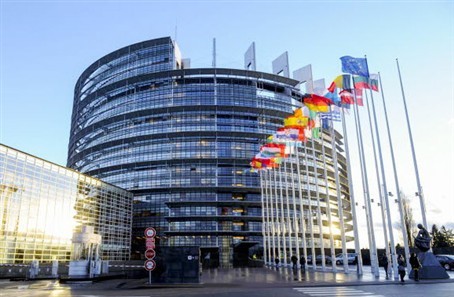European Parliament Budgetary Control Committee postpones discharge awaiting ITER Project Revised Schedule


The European Parliament (EP) has the final say on approving the way EU bodies spend money that comes from the EU budget. In the annual “discharge” procedure, it verifies whether EU funds were spent according to the rules. It may grant, postpone or refuse to grant a discharge, which is required for the formal closure of institutional accounts.
On 4 April, the EP’s Budgetary Control Committee recommended to postpone the granting of the discharge for the 2014 budget of Fusion for Energy (F4E), the EU agency providing the European contribution to the ITER project, to allow for more information to become available on the revised schedule and cost estimate of the ITER project, expected to be decided by the seven ITER parties (Europe, US, Russia, Japan, China, South Korea and India) in June 2016.
The Budgetary Control Committee, while recommending a postponement of the discharge, does not put into question the management of the EU funds by F4E. Marian-Jean Marinescu, rapporteur of the Budgetary Control committee stressed: “This is a very important European project and has been making progress over the last period. We are waiting for the decision of the ITER Council regarding the future schedule, including activities and financing needs.”
ITER is a complex one-of-a-kind international project, which requires adjustments in terms of budget and planning, common to such large-scale projects. All seven international ITER Parties, and Europe in particular, are conscious of these challenges and have taken significant steps to dramatically improve the way the project is being managed.
The final decision on the postponed discharge is expected in October after an assessment of the decisions taken by the ITER parties on the schedule and cost of the project.
The postponement of the discharge on the 2014 accounts has no impact on the operations of F4E, which continues with the implementation of the procurement procedures as planned, and with the signature of contracts and payments.